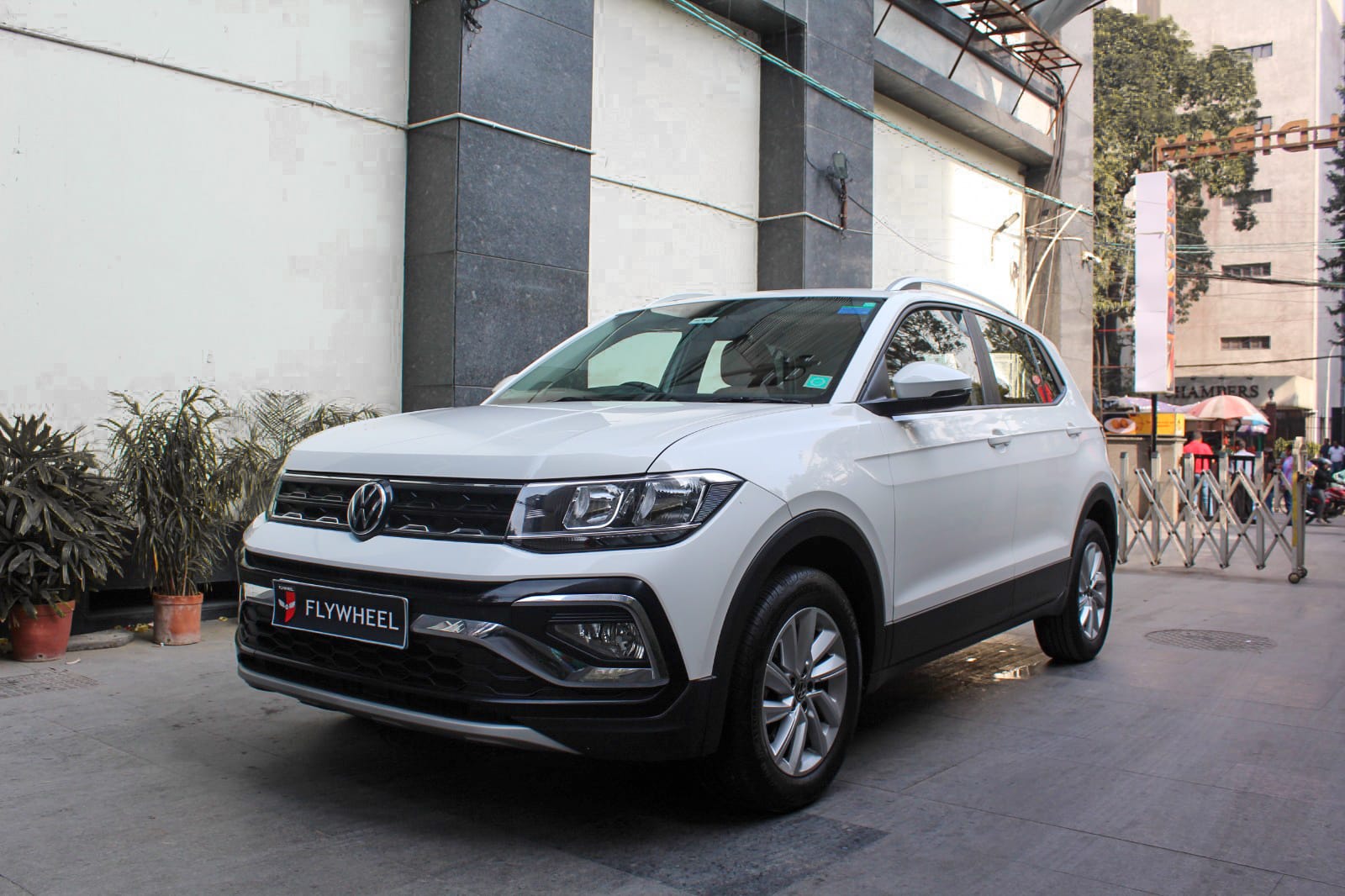
3 Powerful Eco-Friendly Transformation: Challenging Cars, Embracing Green

Need of Eco-Friendly Transformation of Cars.
The future of automotive innovation is characterized by a shift towards eco-friendly electric and autonomous vehicles, coupled with advanced connectivity, artificial intelligence, and augmented reality. Safety features, subscription services, and a commitment to sustainability further define this evolving landscape. Mobility as a Service (MaaS) is revolutionizing ownership models, emphasizing shared and on-demand transportation. In this era of intelligent, interconnected vehicles, the automotive future promises a dynamic, personalized, and eco-friendly driving experience.
Introduction
In our modern world, cars have become an integral part of our daily lives, providing convenience and mobility. However, the environmental impact of traditional gasoline-powered vehicles cannot be ignored. The combustion of fossil fuels contributes significantly to air pollution, climate change, and resource depletion. In this blog, we will delve into the environmental consequences of conventional cars and explore eco-friendly alternatives that can pave the way towards a greener and more sustainable future.
The Environmental Impact of Cars:
- Air Pollution: One of the most pressing issues associated with conventional cars is air pollution. The combustion of gasoline releases harmful pollutants such as carbon monoxide, nitrogen oxides, and particulate matter into the atmosphere. These pollutants contribute to respiratory diseases, smog formation, and overall air quality degradation.
- Greenhouse Gas Emissions: Traditional cars are major contributors to greenhouse gas emissions, particularly carbon dioxide (CO2). The accumulation of these gases in the atmosphere leads to the greenhouse effect, trapping heat and causing global warming. The automotive industry plays a substantial role in climate change, prompting the need for greener alternatives.
- Resource Depletion: The production and disposal of cars involve the extraction of finite resources and the generation of significant waste. Mining for metals like copper, lithium, and rare earth elements, essential for manufacturing car components and batteries, can lead to habitat destruction and environmental degradation.
Eco-Friendly Alternatives:
- Electric Vehicles (EVs): Electric vehicles are gaining momentum as a promising eco-friendly alternative to traditional cars. Powered by electricity, EVs produce zero tailpipe emissions, significantly reducing air pollution. The development of more efficient batteries is also addressing concerns about the environmental impact of manufacturing and disposing of batteries.
- Hybrid Vehicles: Hybrid vehicles combine an internal combustion engine with an electric motor, offering improved fuel efficiency and reduced emissions compared to traditional cars. The electric motor assists the engine during acceleration, allowing for lower fuel consumption and emissions.
- Public Transportation and Carpooling:Promoting the adoption of public transportation and carpooling initiatives serves as a pivotal strategy to curtail the prevalence of individual vehicles on the road. This proactive approach not only alleviates traffic congestion but also substantially diminishes overall emissions per passenger, thereby fostering the development of a more sustainable and environmentally conscious urban transportation system.
- Bicycles and E-Scooters: Embracing active transportation modes such as bicycles and electric scooters can be a greener choice for short-distance travel. These modes of transportation produce zero emissions, promote physical activity, and reduce traffic congestion.
- Green Driving Practices: By adopting eco-friendly driving habits, like consistently maintaining proper tire pressure, minimizing idling time, and avoiding aggressive driving, individuals can significantly improve fuel efficiency and contribute to the reduction of environmental impact associated with conventional vehicles. These simple practices empower drivers to play a pivotal role in promoting sustainability and responsible motoring.
Conclusion:
As we navigate the road to sustainability, it is crucial to acknowledge and address the environmental impact of cars. Embracing eco-friendly alternatives such as electric vehicles, hybrid vehicles, and sustainable transportation practices can significantly reduce our carbon footprint and pave the way for a more environmentally conscious future. By making informed choices and advocating for greener technologies, we can contribute to a cleaner and healthier planet for generations to come.
Read more: Eco-Friendly Cars





More Interesting Car Blogs to Read :
- Uncovering 7 Advanced Car Safety Features for Enhance Security
- The 5 Benefits Of Fog Lights: Drive Safer, See Clearer
- Top 10 Ultimate Guide to Finding the Best Second Hand Luxury Cars in Kolkata
- Effortless Luxury Driving: The Mercedes Benz E200 2021
- Jaguar XE 2.0L Diesel Prestige 2018: Unveiling Performance and Luxury
- Car Dealership : Navigating the World of Car Dealerships for Your Next Ride

